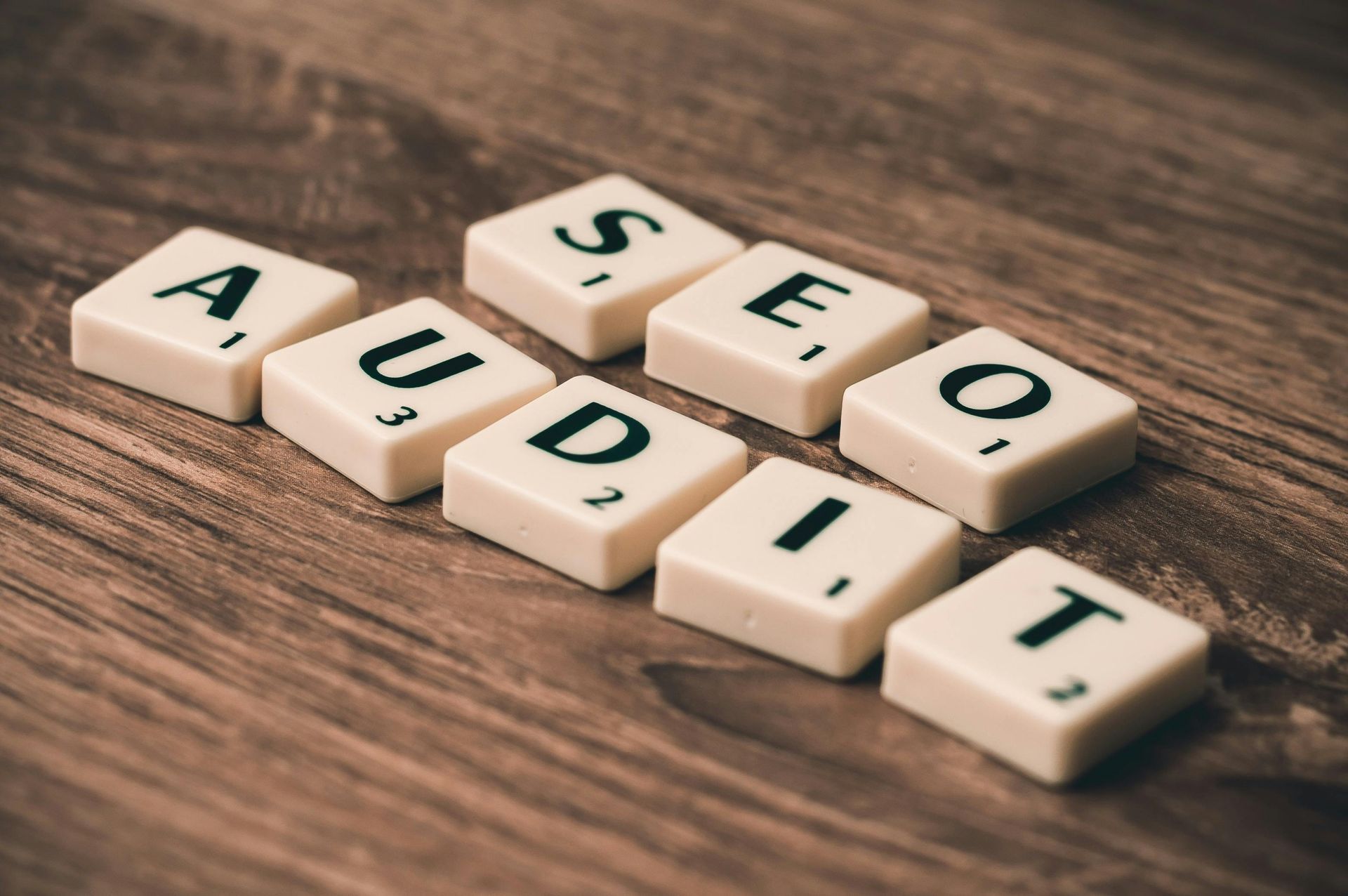What you should consider for a start-up website
So you are ready tolaunch your business online? You’ve got your domain name all set up (read ourposts on How to choose your domain name and How to register your domain name here). Now you need to think about your website content.
As a small start-upbusiness, it won’t be possible to include everything on your website right fromthe start, so what are the key things you need to consider?
The absolute basic pages all start-up websites will need are:
- About us
- Contact us
- Product/ service pages
About us
The About us page is where you introduce your company to your potential customers and can start to build a relationship with them. So use this page wisely and make sure you include all the most important information.
Things to include might be the history of your company – particularly for a family business or one which is very niche – the ethos of your business and an introduction to some of your products or services.
The language you use should be friendly and free from jargon, to make your business accessible to as many people as possible.
You could also use photos to introduce your team on the About us page, to help build trust with your visitors.
Contact us
The Contact us page is really key and has two important uses. It allows people to get in touch with you easily and also reassures them that you are a legitimate business with a genuine point of contact.
Your Contact us page should include:
- Your company name
- Your company email address
- A named contact and their job title
- Your company address (if you have a building)
You can also include a contact form for people to get in touch with you directly, your social media links and a map to show your location to visitors.
Product/ service pages
These pages are where you list and describe your products and services – whether you are selling online or promoting a service like gardening or cleaning.
As this is your online catalogue, you need to make sure you include high quality photos of your products from various angles, so that that your customers can get a real feel from them. Include a detailed description of what you are offering, and your pricing, so that visitors shouldn’t be left with any questions.
If you are selling online, your product/ service pages should also include information like your returns policy, delivery information and the payment options you offer.
Blog
Although not essential,
many businesses of all sizes will also have a blog, where they can talk in more
depth about their business, their products and any relevant, related stories
from the wider industry.
Regularly updating your blog is good for your SEO, helping your site to rank on search engines. For your start-up business to really benefit from your blog, you need to post regularly and consistently – which could be twice a week or once a fortnight. Your blog topics should be of interest to your target audience and offer them something they won’t find elsewhere online. For example, if you are selling an artisan product, you could focus on the ingredients which make it so special or the old family recipe that inspired it.
When your blog provides quality content, it will bring increased traffic to your site and ultimately increase sales.
That is just the beginning. As your start-up evolves and becomes an established business, you can add more content and more functionality to your website so that your website grows with your business.
More Posts.








